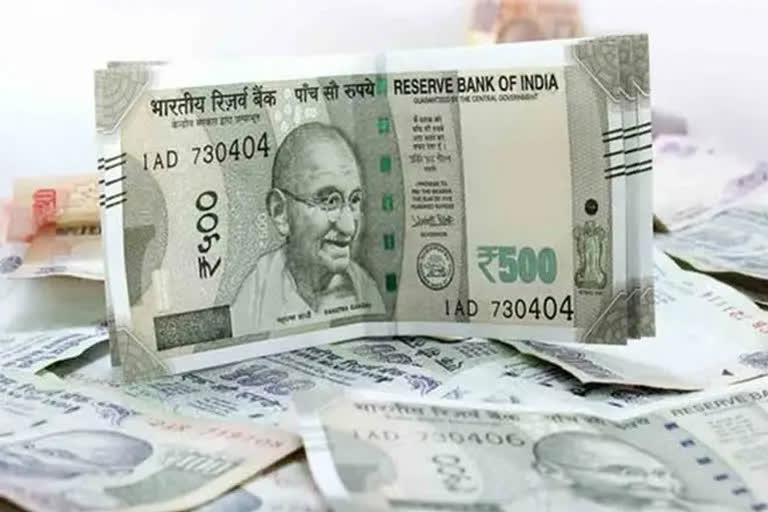New Delhi: The Union Budget is a statement of the government’s revenue receipts and its expenditures in a financial year which is presented to Parliament. The gap between the government’s expenditure and receipts is known as a shortfall or deficit. Under the Fiscal Responsibility and Budget Management Act of 2003, the Union government is required to report various shortfalls or deficits to the Parliament such as Fiscal Deficit, Revenue Deficit and Primary Deficit.
While Fiscal Deficit reflects the total borrowing requirement of the Union government in a financial year, the Revenue Deficit is the difference between the government’s revenue expenditure over its revenue receipts.
For example, as per the revised estimate presented by the finance minister Nirmala Sitharaman, the revenue expenditure for the last financial year (FY 2020-21), was estimated to be Rs 30.11 lakh crore, and revenue receipts were estimated to be Rs 15.55 lakh crore.
As per the revised estimates, the difference between the revenue expenditure and revenue receipts was estimated to be Rs 14.56 lakh crore, which is nearly half of the revenue expenditure.
However, as a percentage of the GDP, the revenue expenditure has been estimated to be 7.5% of the GDP. This was a huge jump from the budget estimate which was expected to be 2.7% of the GDP but due to the outbreak of Covid-19 global pandemic, all the estimates of the government veered off the projected trajectory.
Similarly, for the current financial year, the FY 2021-22 (April-March 2022 period), the finance minister estimated the government’s revenue expenditure to be a little lower at Rs 29.29 lakh crore and revenue receipts to be on the slightly higher side at over Rs 17.88 lakh crore.
As per this estimate, the revenue deficit for the current financial year is expected to decline to Rs 11.4 lakh crore, which is expected to be 5.1% of the GDP.
In addition to fiscal deficit and revenue deficit, the government also presents the effective revenue deficit to the Parliament. It basically means reducing the amount that is given as a grant-in-aid for the creation of capital assets.
For example, in the last financial year, the government gave over Rs 2.3 lakh crore as a grant-in-aid for the creation of capital assets, and for the current fiscal year it is expected to be a little lower at over Rs 2.19 lakh crore.
If this amount is reduced from the revenue deficit then the effective revenue deficit for the last financial year was estimated to be over Rs 12.25 lakh crore and for the current fiscal year it has been estimated at over Rs 9.21 lakh crore, which is 6.1% and 4.3% of the GDP respectively.



